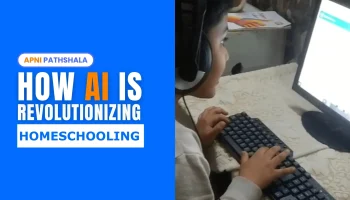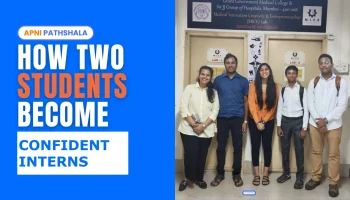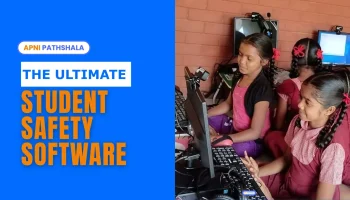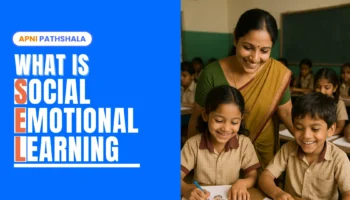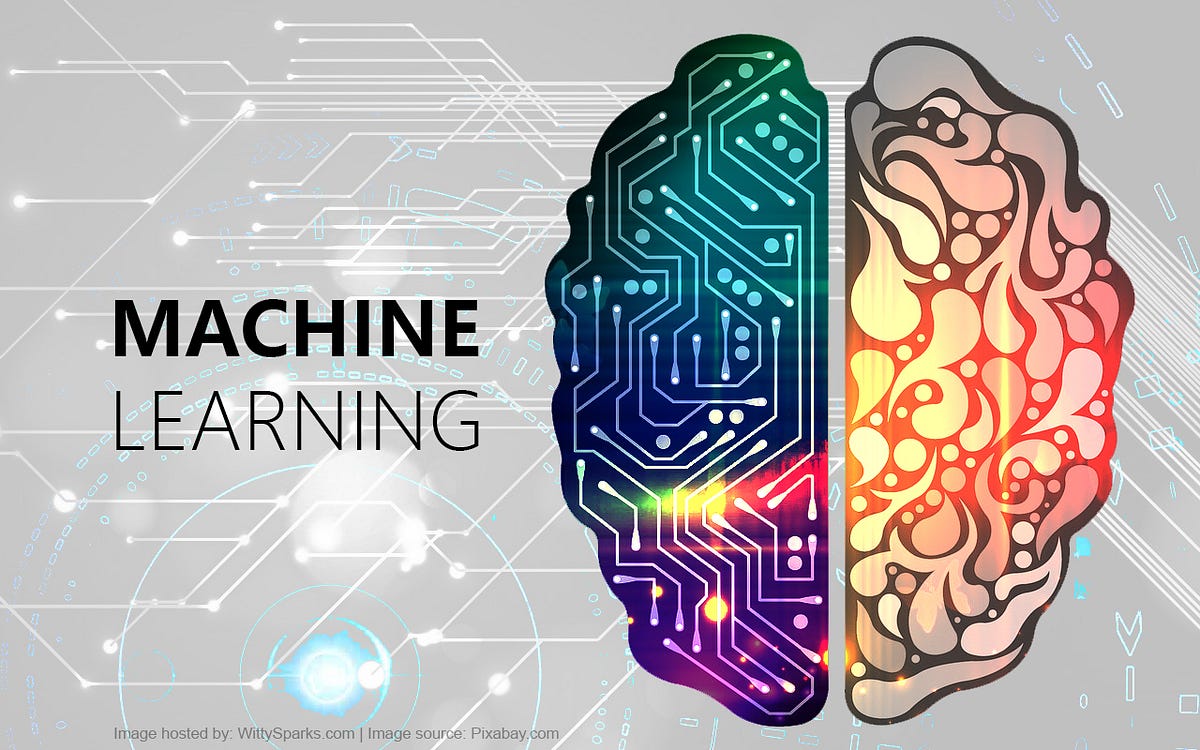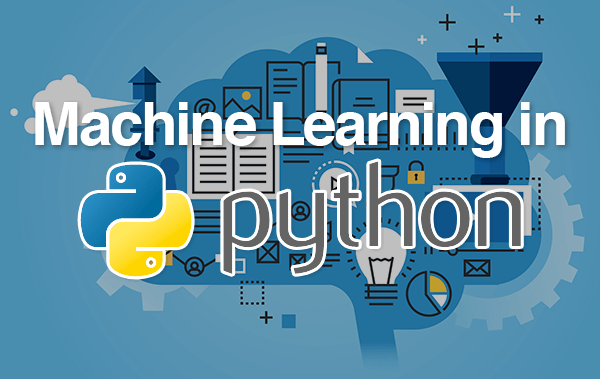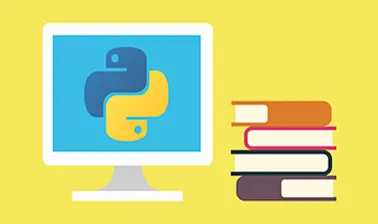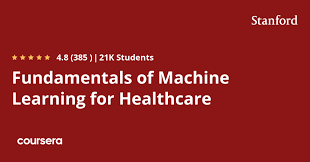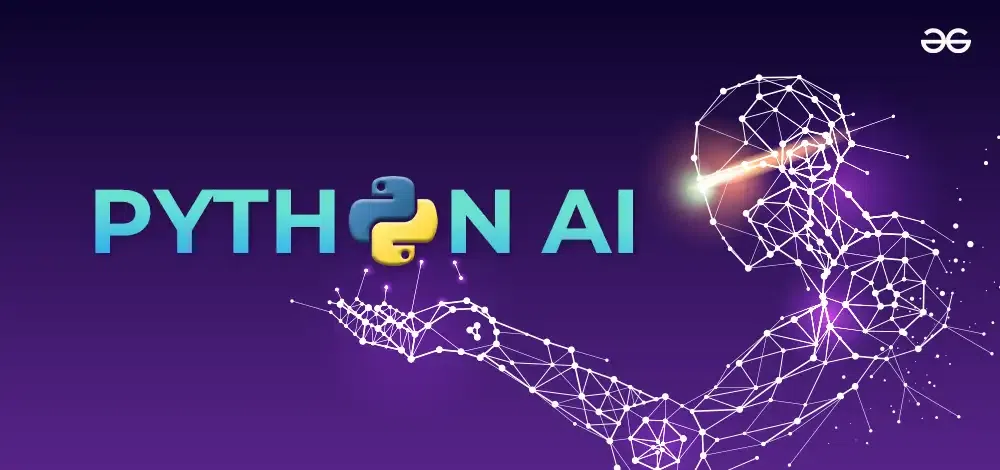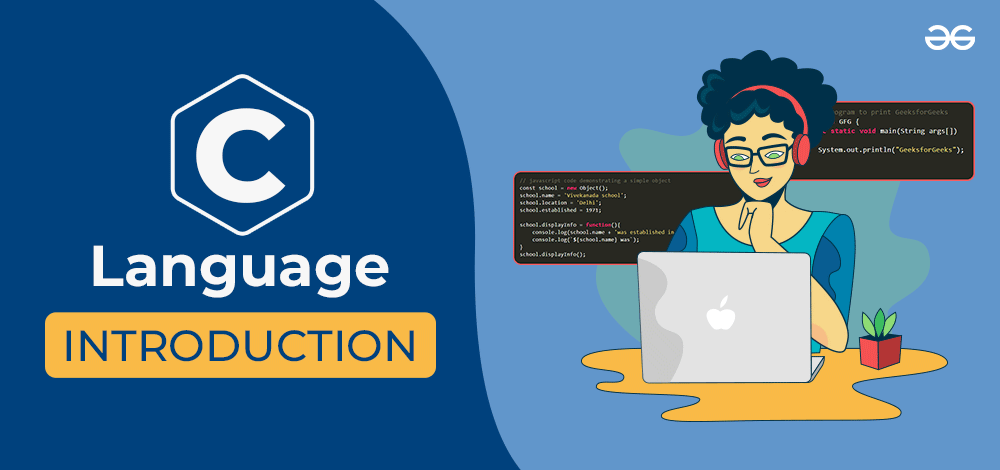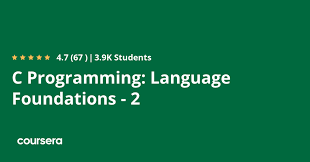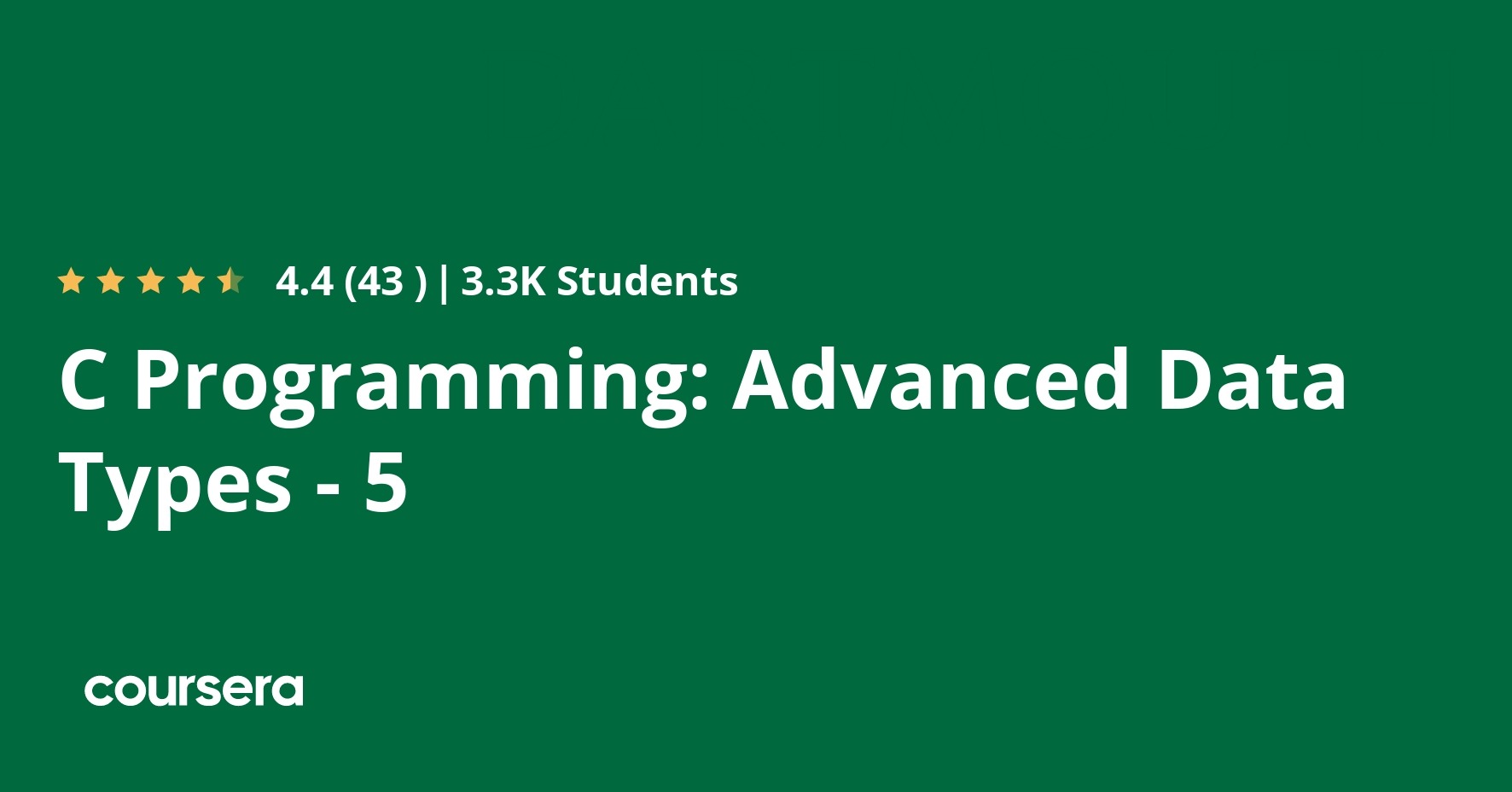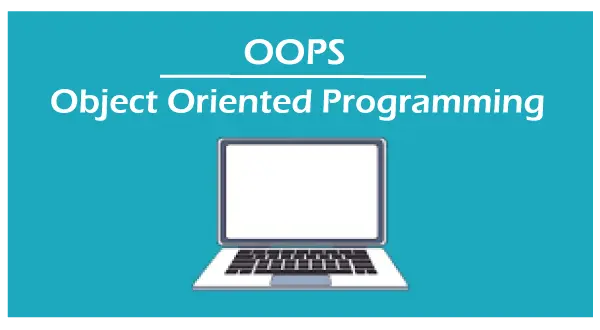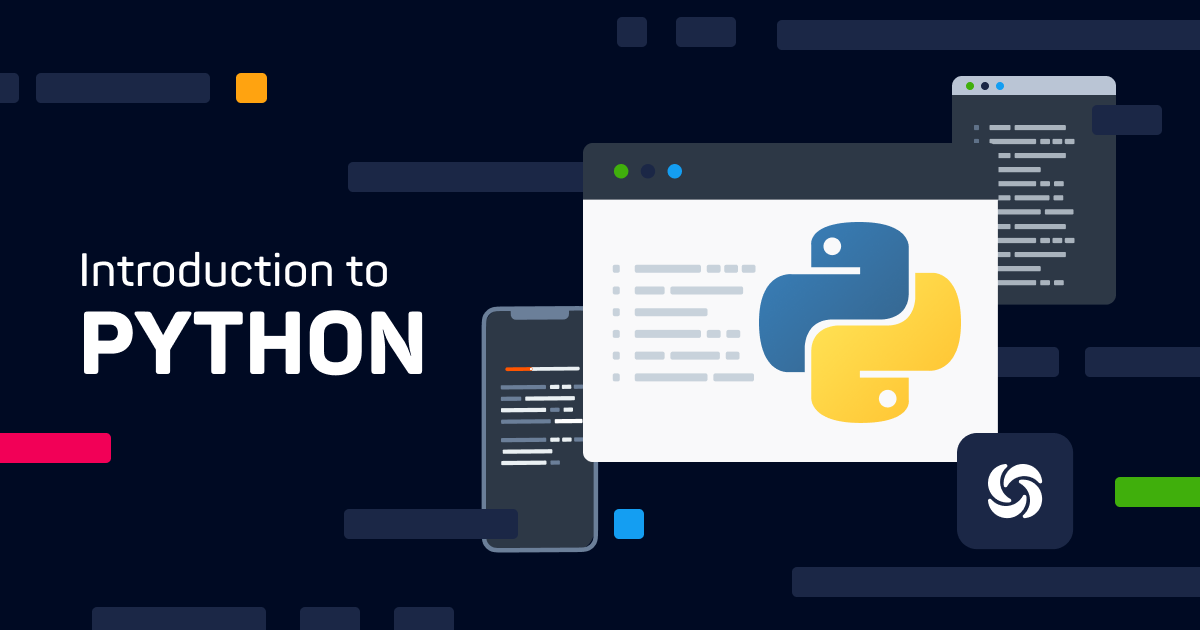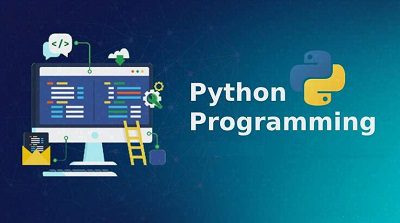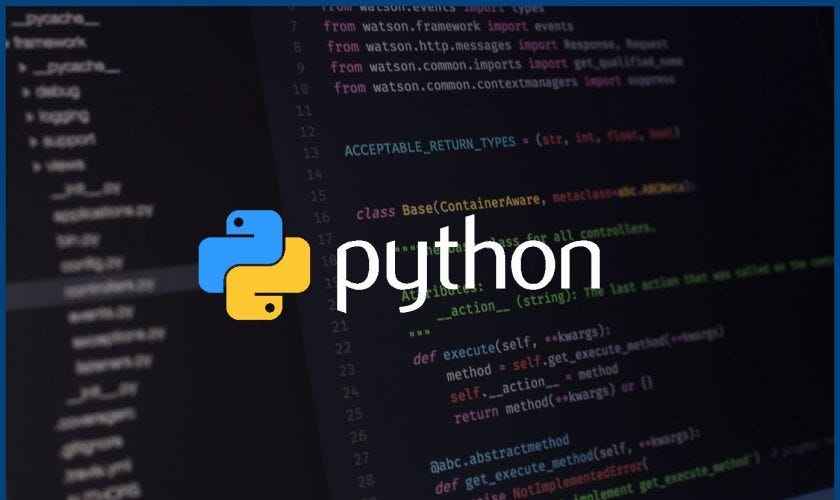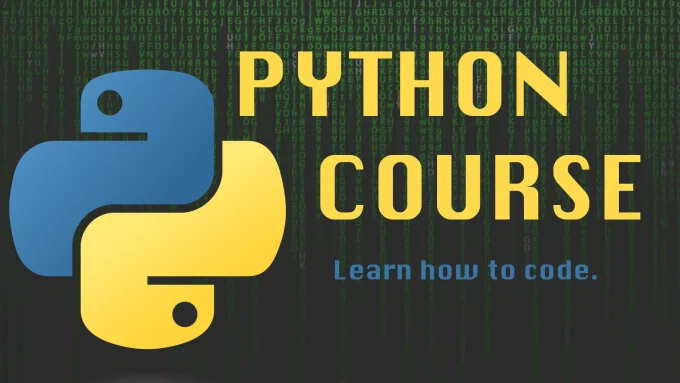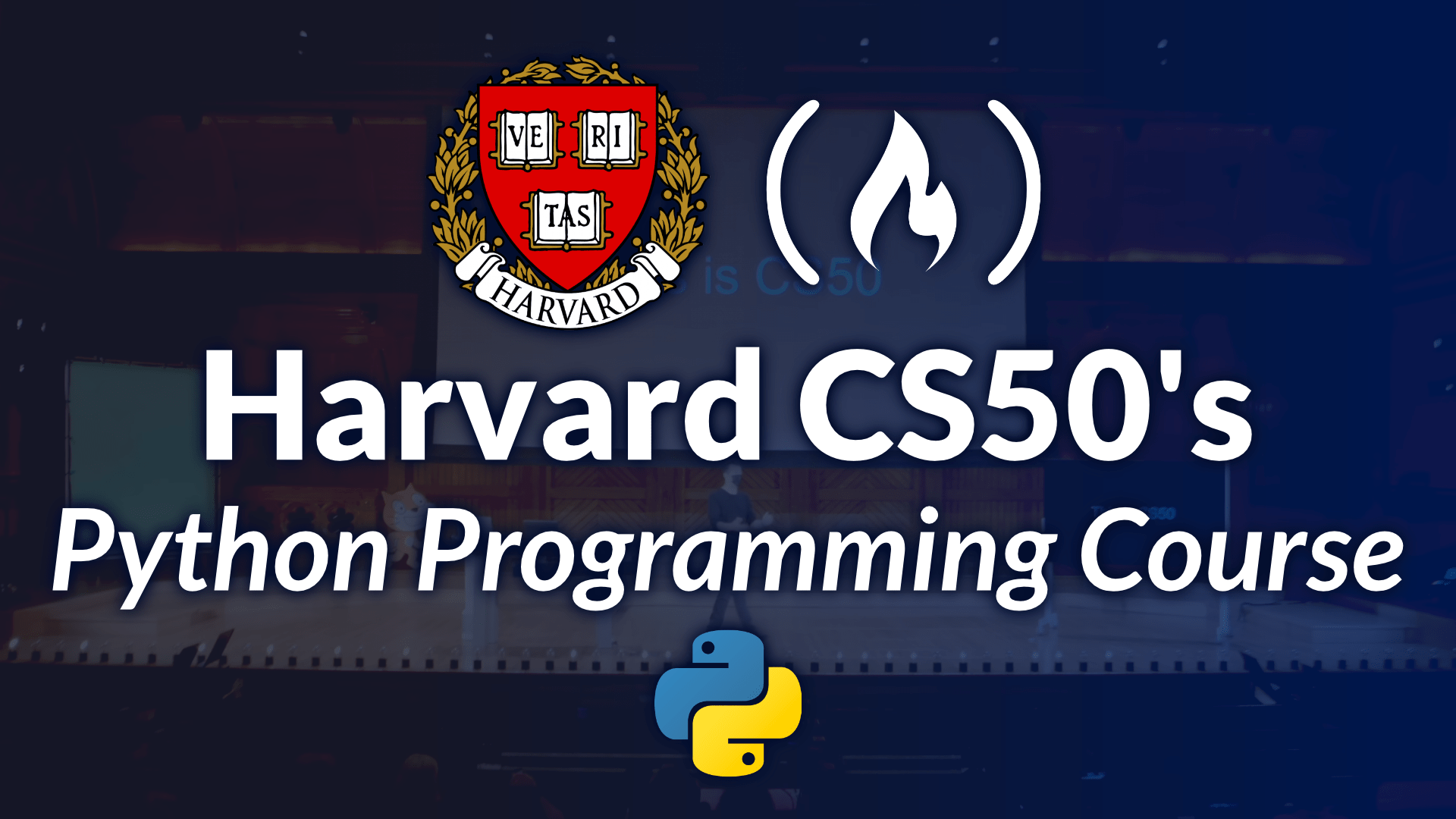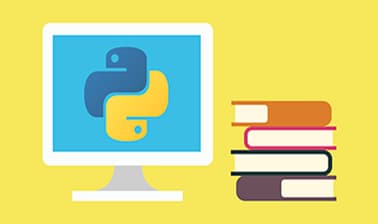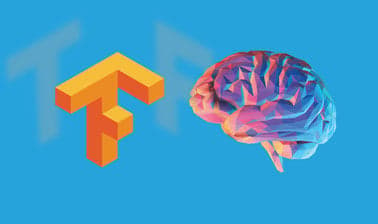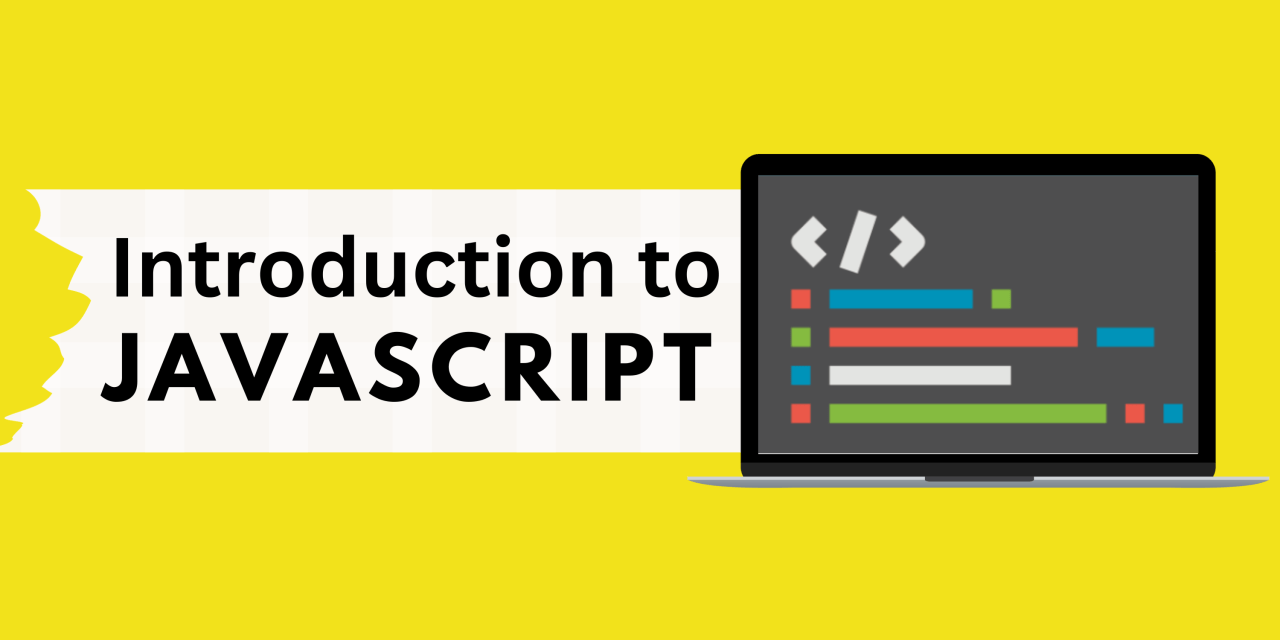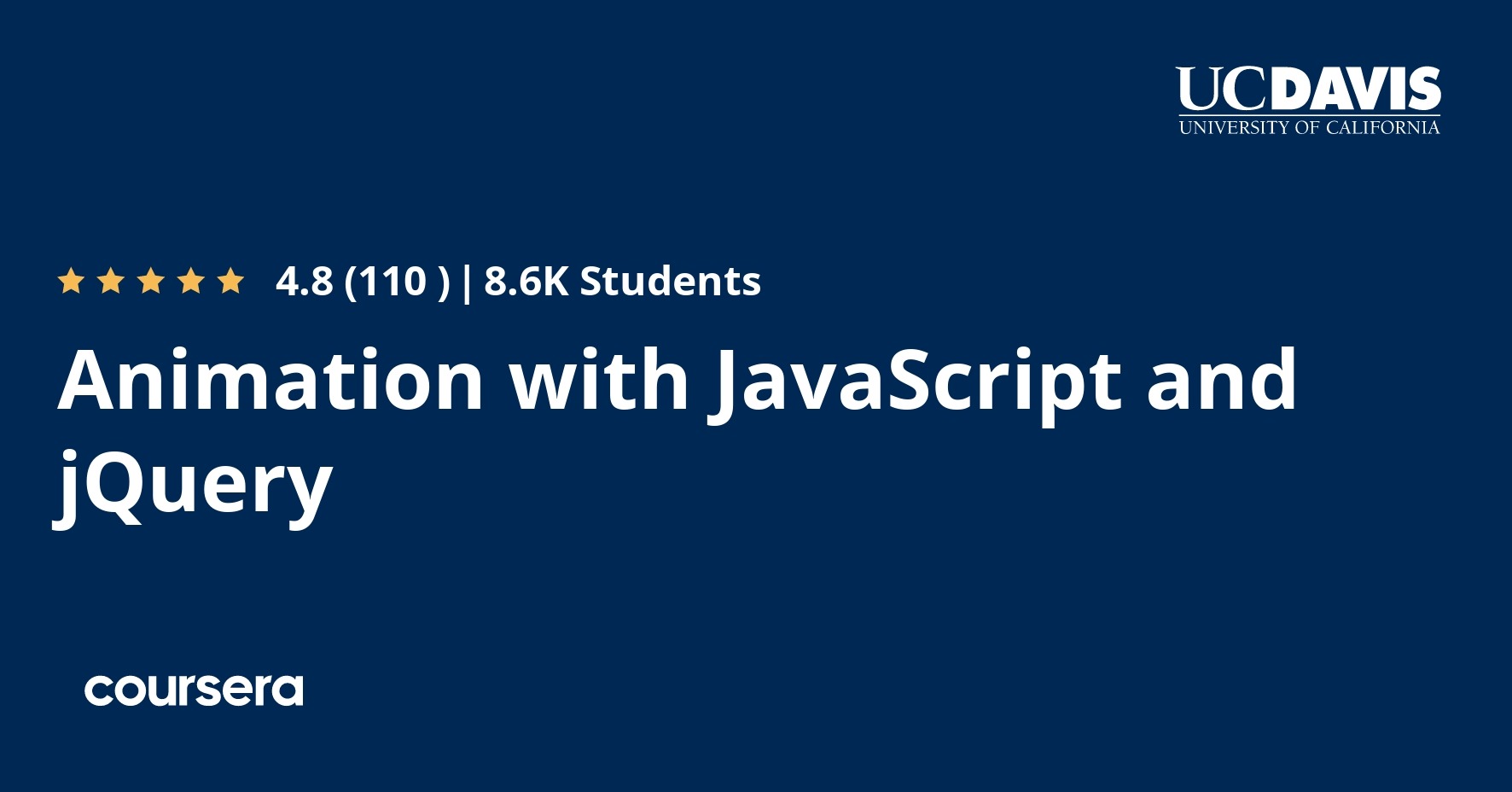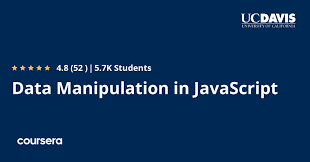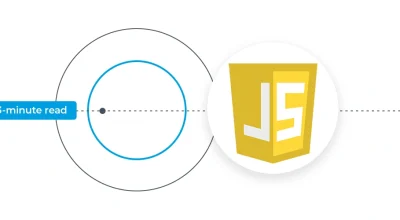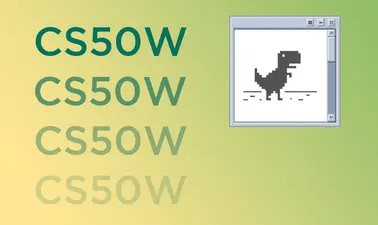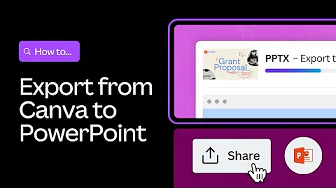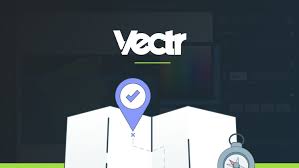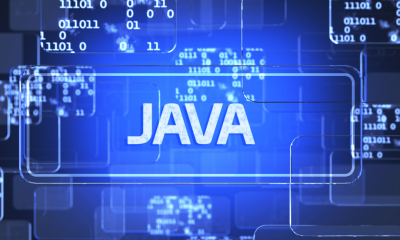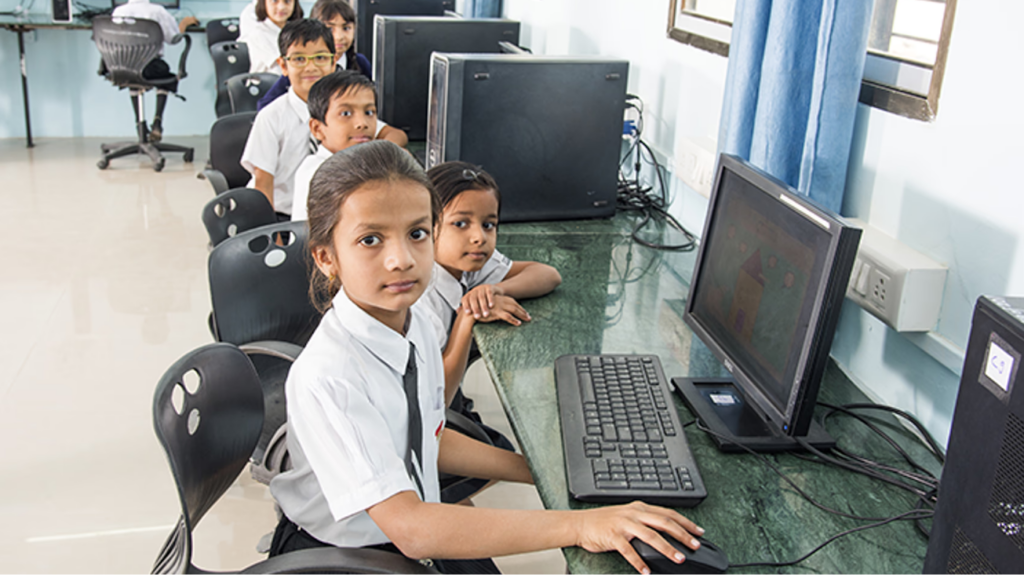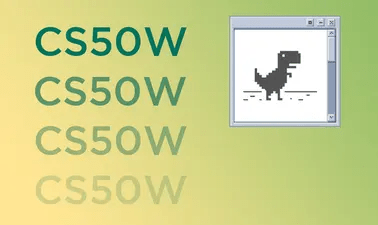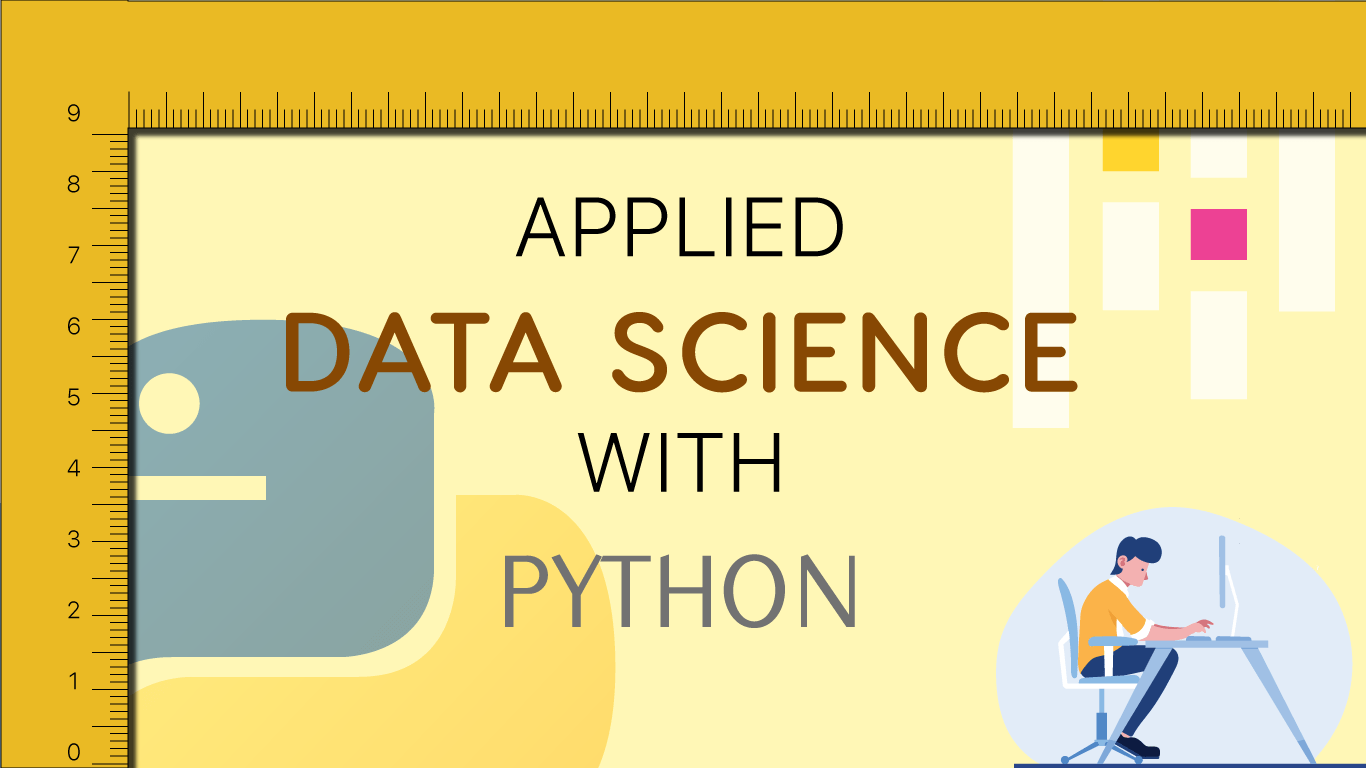Unlocking Excellence: The Power of Peer Learning in Student Success
In the dynamic landscape of education, the concept of peer learning has emerged as a catalyst for academic excellence and holistic development. Beyond traditional classrooms, the collaborative exchange of ideas and knowledge among peers plays a pivotal role in shaping well-rounded individuals ready to face the challenges of the modern world. Let’s delve into the compelling reasons why peer learning is not just beneficial but essential for every student’s educational journey.
1. Diverse Perspectives and Insights:
One of the primary advantages of peer learning lies in the diverse perspectives and insights brought to the table. Each student brings a unique set of experiences, cultural backgrounds, and approaches to problem-solving. Through collaborative learning, individuals gain exposure to a multitude of viewpoints, fostering a more comprehensive understanding of subjects and promoting a global mindset.
2. Active Engagement and Participation:
Peer learning encourages active engagement and participation, steering away from passive learning modes. When students collaborate on projects, engage in group discussions, or work together on problem-solving activities, they become active contributors to the learning process. This hands-on involvement not only enhances understanding but also cultivates a sense of responsibility towards one’s own education.
3. Strengthening Communication Skills:
Effective communication is a vital life skill, and peer learning provides a fertile ground for its development. Engaging in discussions, articulating thoughts, and presenting ideas to peers contribute to the refinement of communication skills. These skills extend beyond academic settings, preparing students for effective communication in personal and professional spheres.
4. Building Confidence and Self-Esteem:
Collaborating with peers fosters a supportive environment that nurtures confidence and self-esteem. Students gain the courage to express their opinions, ask questions, and contribute to group activities. This boost in self-assurance is a valuable asset that extends beyond academics, positively impacting various aspects of personal and professional life.
5. Mutual Support and Motivation:
Peer learning creates a network of mutual support and motivation. During challenging academic pursuits, students can lean on each other for guidance and encouragement. The camaraderie formed through peer relationships contributes to a positive learning environment, fostering a sense of belonging and shared accomplishment.
6. Development of Critical Thinking Skills:
Engaging in discussions with peers requires students to think critically, analyze information, and evaluate different perspectives. This process of critical thinking is essential for problem-solving and decision-making, skills that are integral to academic success and future career endeavors.
7. Preparation for Collaborative Work Environments:
In an era where collaboration is highly valued in professional settings, peer learning serves as a precursor to real-world collaborative work environments. Students accustomed to working collaboratively during their academic journey are better equipped to thrive in team-based projects and contribute meaningfully to collaborative initiatives in their future careers.
8. Emotional and Social Growth:
Peer learning contributes to emotional and social growth by fostering empathy, understanding, and effective interpersonal relationships. Working with peers provides opportunities for students to develop emotional intelligence, navigate different personalities, and cultivate skills essential for successful social interactions.






